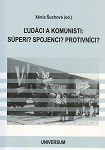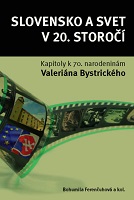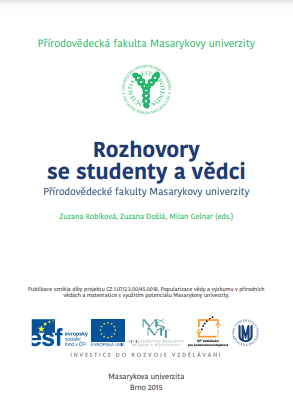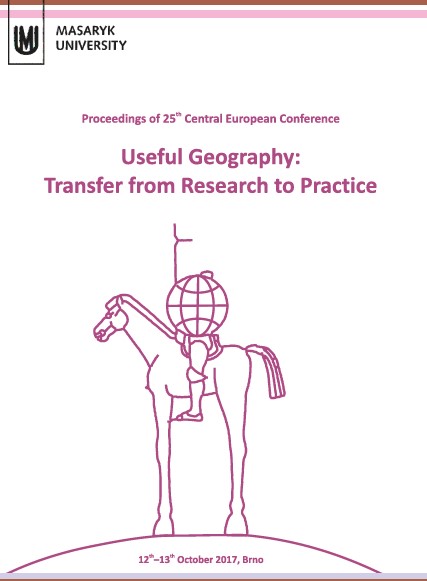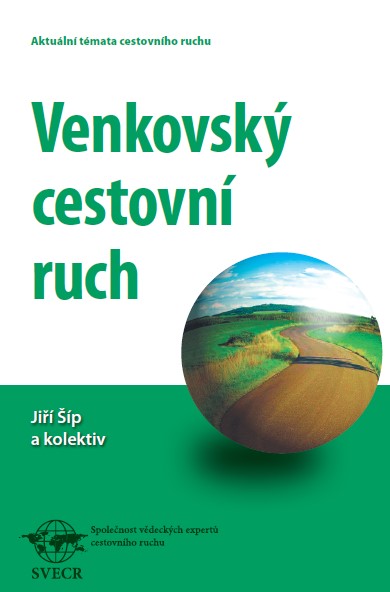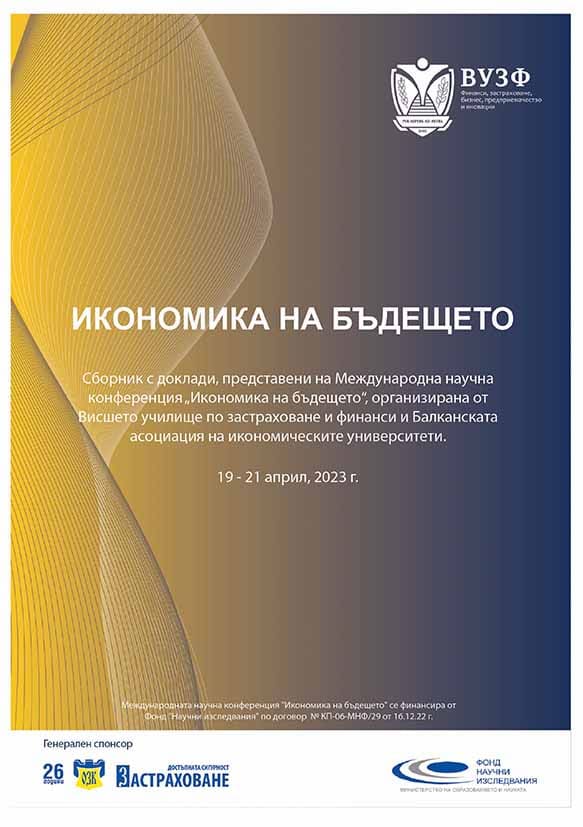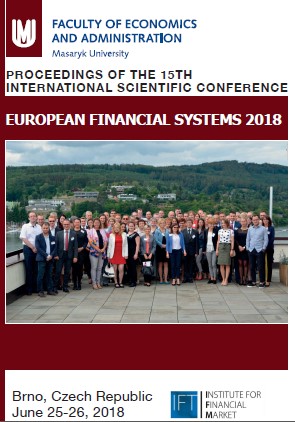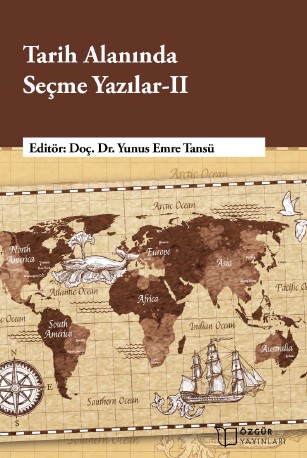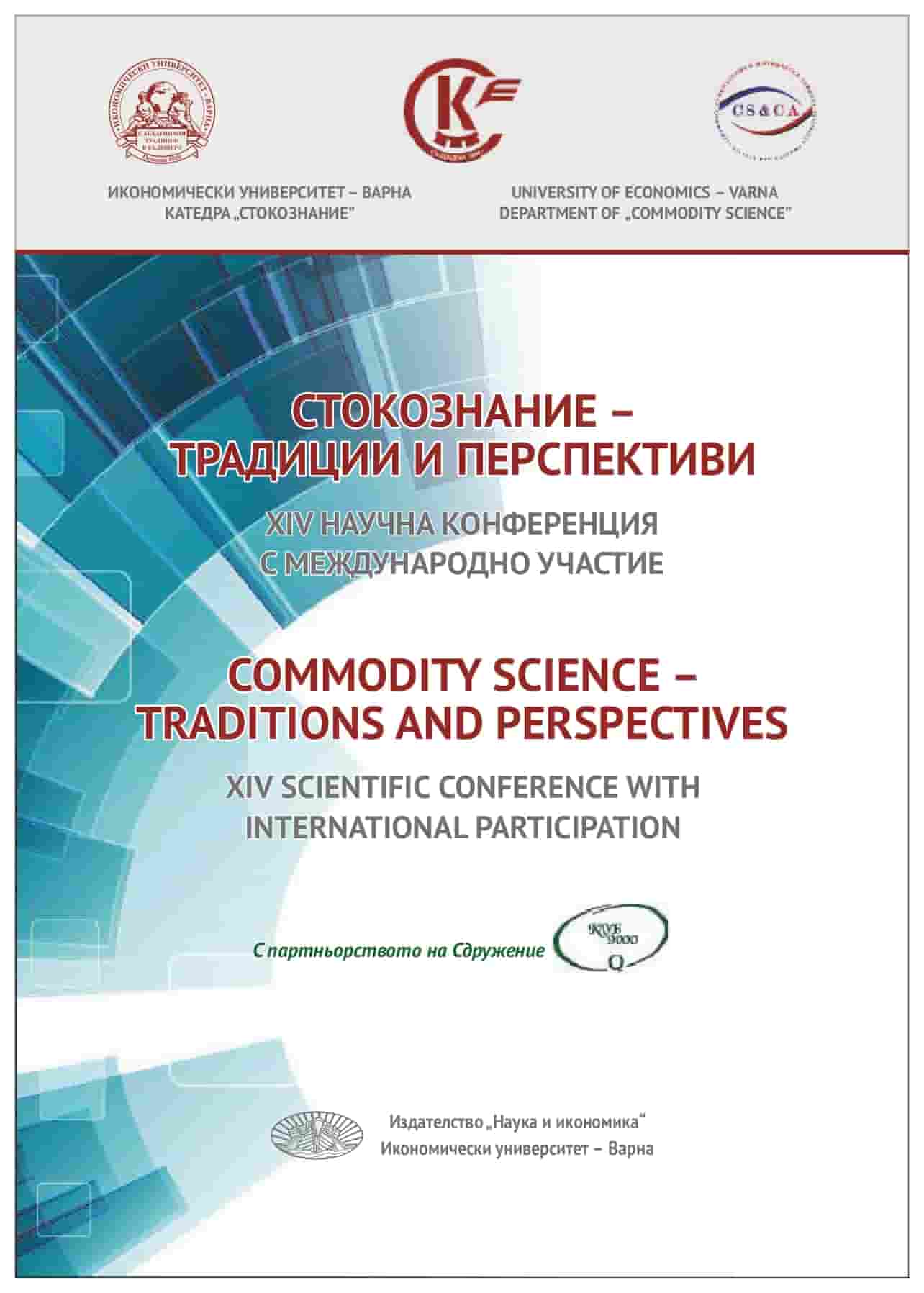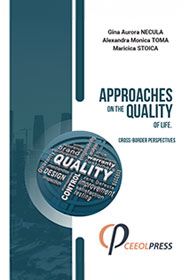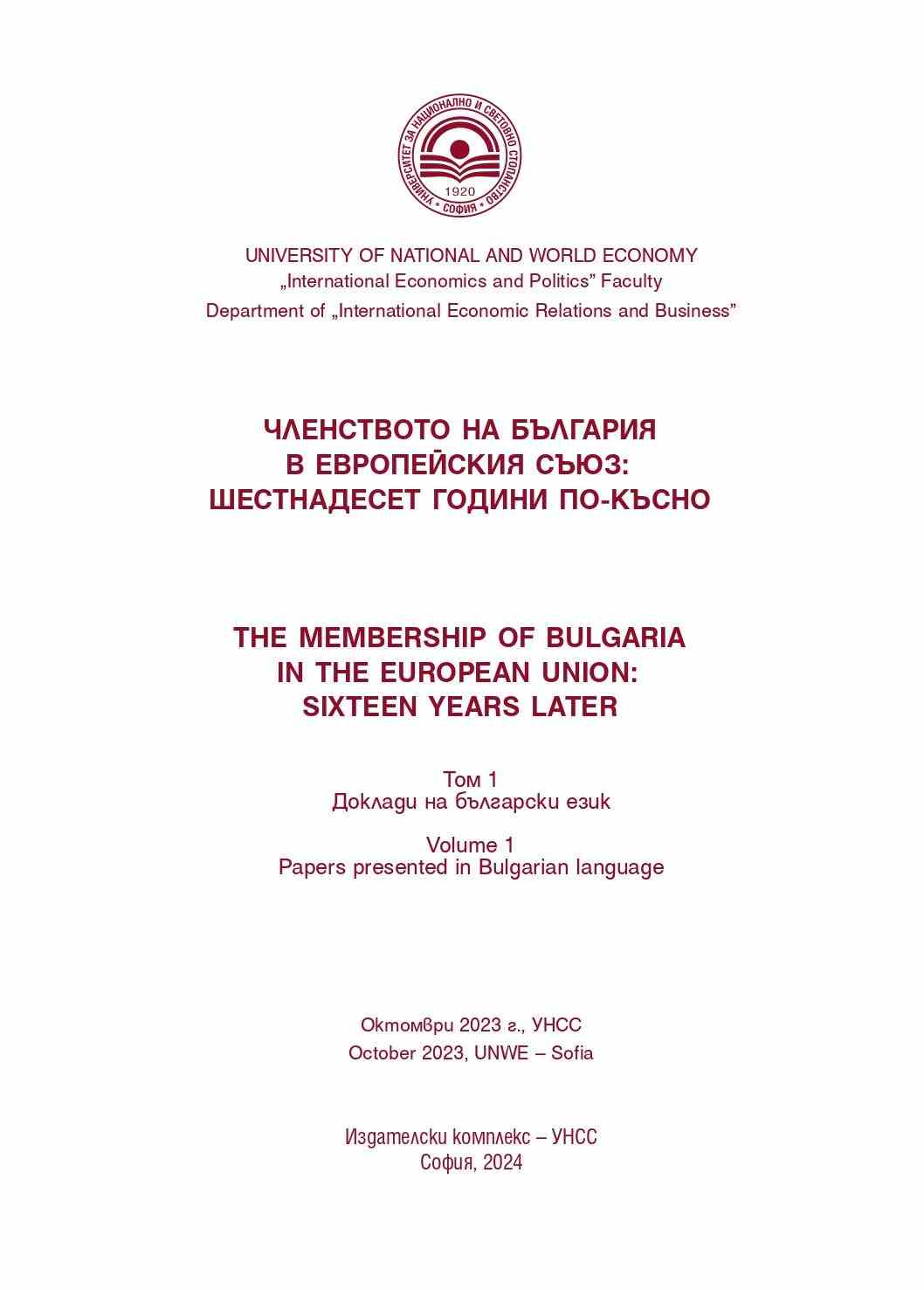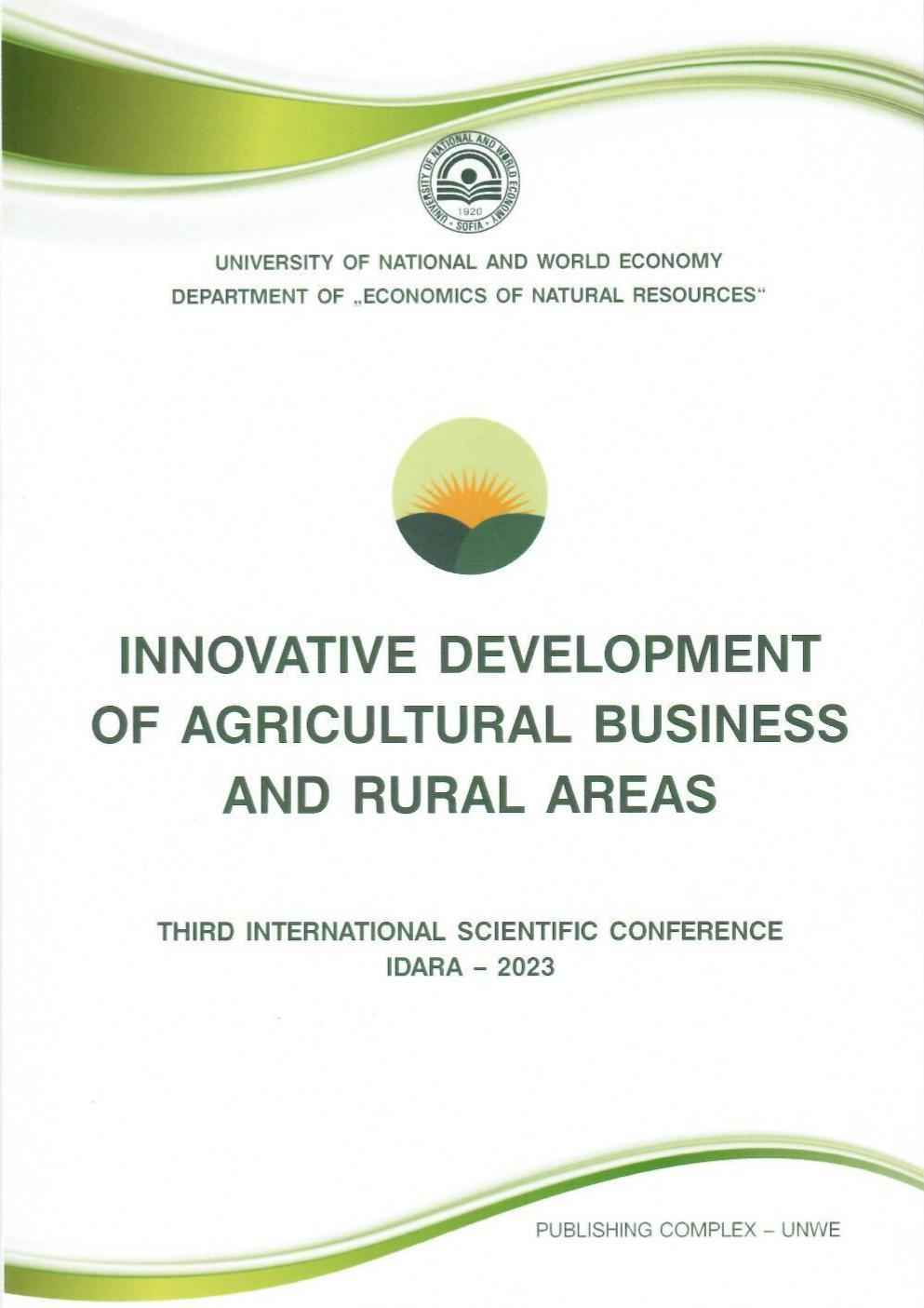Author(s): Ekrem Gjokaj,Diana Kopeva,Sokol Sallahu / Language(s): English
Publication Year: 0
Kosovo's agricultural development is influenced by favorable policies and attributes relevant to consumer demand. The more we know about the important attributes of the local consumer towards agricultural products, the better policies are designed to support farmers and value chains to adapt to changes in consumer preferences. Empirical insights gleaned from research on consumer preferences for both agricultural products and locally sourced goods offer invaluable evidence. This empirical foundation equips policymakers with the knowledge required to strategize improvements within the national and local food and agricultural systems. It also lays the groundwork for the conceptualization of a forward-thinking, consumer-centric agricultural model that is characterized by innovation, productivity, and responsiveness to consumer expectations. These expectations encompass various facets, such as food availability, ease of access, safety, high quality, taste, and other locally pertinent consumer attributes. The primary aim of this study lies in the comprehensive analysis of consumer preferences concerning local food products. It seeks to delineate the pivotal attributes that guide consumers in their decision-making processes. Additionally, the study aims to identify the informational and institutional gaps that must be addressed to bolster consumer confidence in locally produced food items. In doing so, it aims to provide policymakers with a robust foundation upon which they can construct a visionary concept for a consumer-driven agriculture framework. This framework should stand as an essence of innovation, productivity, and adaptability, aligning closely with consumer expectations regarding food accessibility and simultaneously addressing the unique consumer attributes that hold national relevance. Kosovo's agricultural development is involvedly tied to the interplay of conducive policies and attributes resonating with consumer demands. The study comprehensively explores these essential attributes, and its findings set the stage for crafting policies that offer substantial support to farmers and value chains. This support is vital for their ability to navigate evolving consumer preferences. By conducting research into consumer preferences, we offer empirical evidence that serves as a guiding compass for policymakers in their mission to enhance national and local food and agricultural systems. Furthermore, it ignites the spark of innovation, productivity, and responsiveness in the realm of consumer-driven agriculture. Ultimately, this pursuit aligns the agricultural sector with consumer expectations, ensuring that it thrives in an environment defined by accessibility, safety, quality, taste, and other locally relevant attributes.
More...
